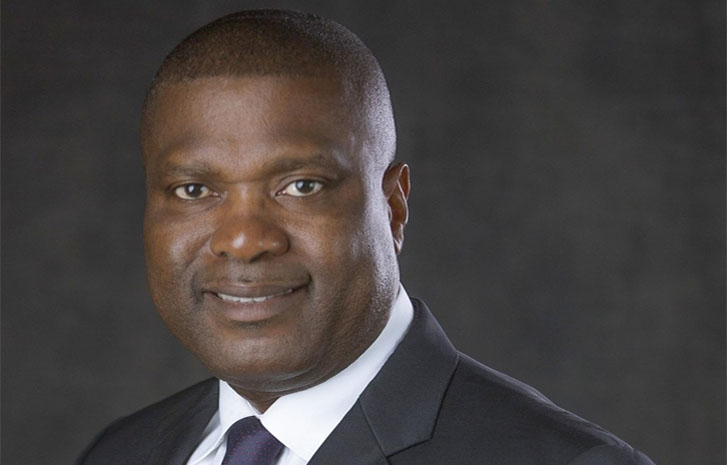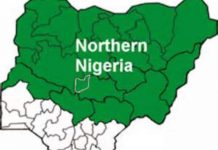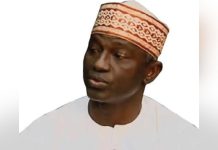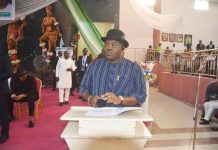Akwa Ibom State is unarguably one state in Nigeria with the prospect of economic fortune. With about five million population matched with the enviable status of the highest oil-and-gas-producing state in Nigeria, economic prosperity should be the lot of the people and the state. But socio-economic matrices of the state do not correlate with the abundance of natural mineral, agricultural and aquaculture resources.
According to the Nigerian Bureau of Statistics (NBS), 1.8 million of Akwa Ibom’s 3.3 million economically active population is unemployed. That means, more than half of the working population in the state is out of work.
With such an unusually high degree of joblessness and the attendant poverty, the state has the second highest unemployment rate in Nigeria. This is an antithesis of the ambitious start the state had under Governors Obong Victor Attah and Godswill Akpabio. Growth, Opportunities and development in Akwa Ibom State have been in doldrums since May 2015. Transforming the state into the economic powerhouse that it should be, that is a challenge the incumbent leadership has not demonstrated a capability and capacity to tackle.
As we enter the last 60 days of intense politicking before the 2019 elections, none among the various contenders for the governorship seat in Akwa Ibom has presented a well-articulated manifesto as Nsima Udo Ekere, governorship candidate of the All Progressives Congress (APC) party.
Ekere, a cutting-edge character and reform minded asset manager currently, Managing Director and Chief Executive Officer of the Niger Delta Development Commission (NDDC), cannot be mistaken for just another politician seeking to capture the exalted office of the chief executive of the state. Neither should his declaration – “it is time to get our state back on track,” be taken in vain. He is a man who knows what to do to turn around a critical situation. Aside from building successful businesses, his cogent national and international experiences in real estate, urban and regional planning and construction are in areas critical to the resuscitation of the Akwa Ibom economy.








